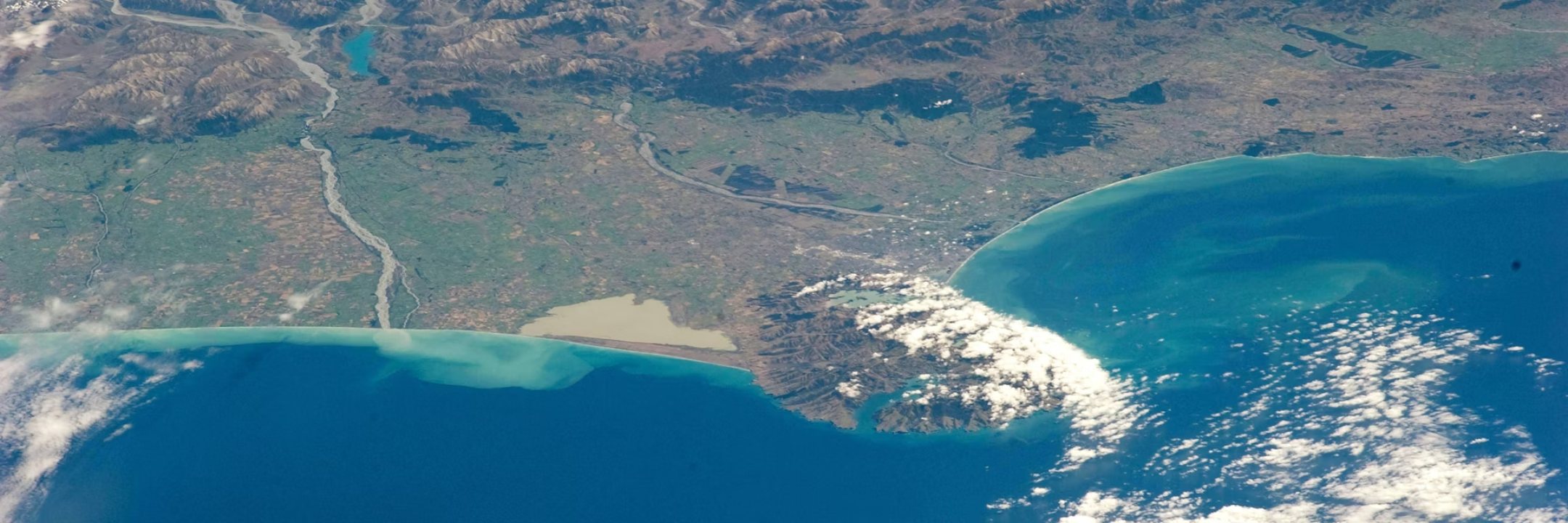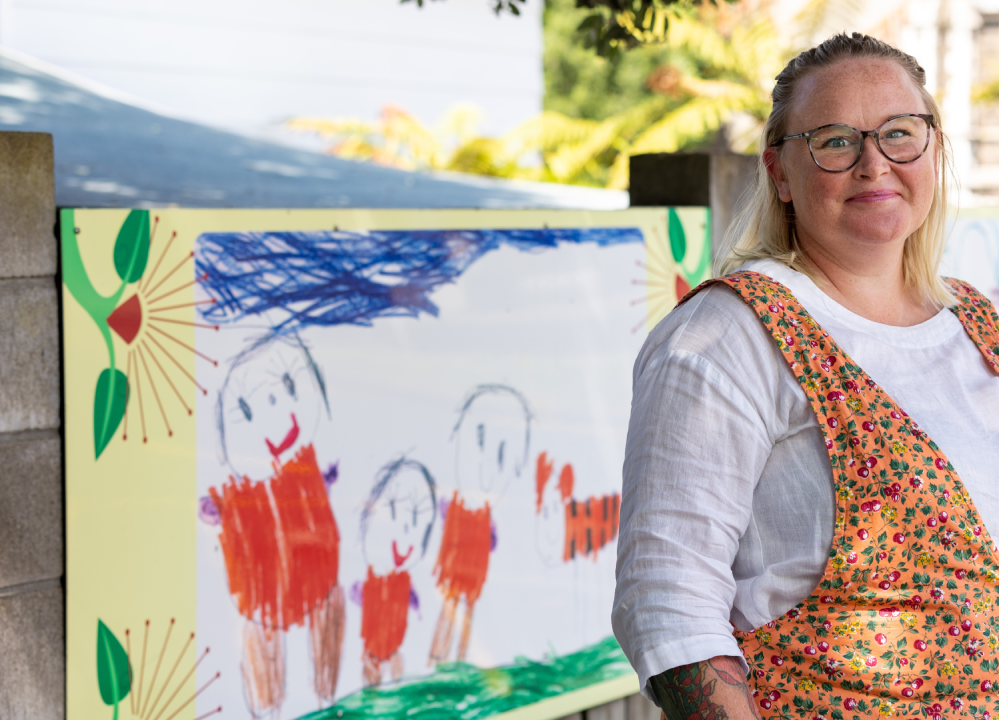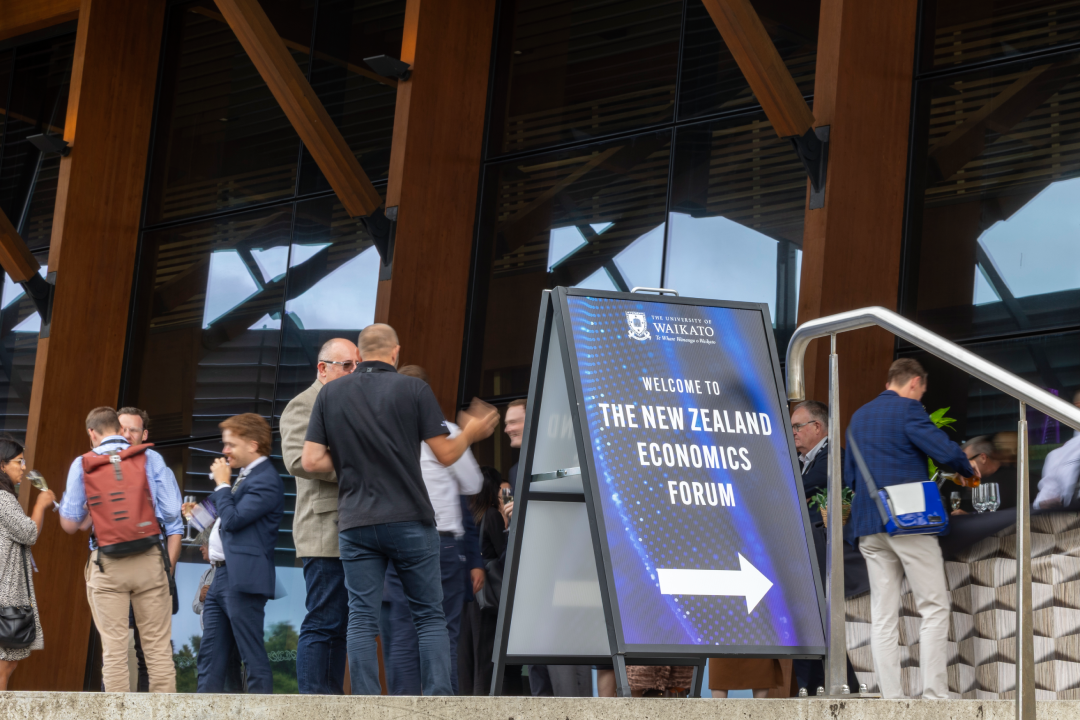The spirit of collaboration was front and centre at the University of Waikato’s HIKO Hub during a day-long workshop last month, where researchers from throughout the region learned how to plan for research impact.
The Impact Pathways event, hosted by Aotearoa Research Impact Community of Practice (ARICoP), was based in four physical locations including the HIKO Hub as well as online, and attracted more than 300 registrations.
The day aimed to build a shared understanding among researchers of how to plan for research impact through case studies and insights from the Government and funders.
Participants also took part in activities at each site including practical exercises and peer exchange, which enabled them to apply impact pathways to their own work and receive feedback from colleagues.
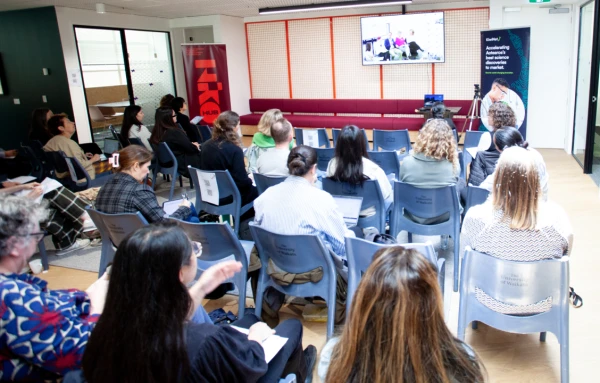
University of Waikato's HIKO Hub was one of the venues for the Impact Pathways event.
Research impact is designed and assessed based on real-world effects, tangible benefits such as improving health outcomes, influencing government policy, or supporting community wellbeing.
The day catered to all levels of experience with impact, from those new to the concept, to those already refining their approach. It was structured to ensure participants left with practical takeaways they could immediately apply to proposals, reporting, and engagement activities.
Joining in person at local hubs was encouraged to spark richer conversations and genuine connections.
Deputy Vice-Chancellor Research Professor Gary Wilson addressed the Hamilton cohort, noting that the event highlights the strong collaboration between University researchers, the wider community, and business and commercial partners.
“This event is really about the germination of ideas, creating space to spark new thinking and exploring possibilities,” he said.
Professor Wilson said the goal is to co-develop ideas with businesses and other external partners, not just within universities. That’s why events like this one are key for fostering those connections and shared innovations.
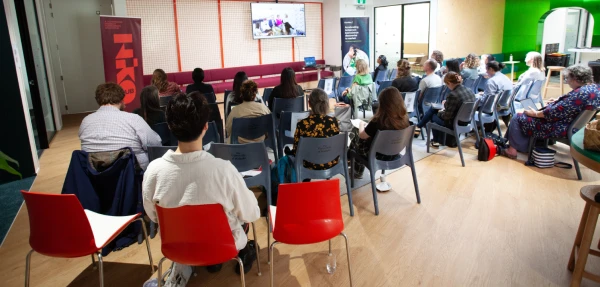
Researchers from throughout the region learned how to plan for research impact.
For Forest Growers Research Innovation Manager Alison Slade, the event was particularly special. She was “super excited” to be part of it, having been a founding member of iPEN (Impact Planning and Evaluation Network) a group formed under Science New Zealand, which represents the collective interests of New Zealand’s seven Crown Research Institutes – the network from which Impact Pathways originally evolved from.
“Those impact pathways are so crucial,” she said. “Yet the understanding of that process is often quite limited, both within the science sector and among the industries we support.”
Ms Slade said she was looking forward to applying some of the ideas discussed at the event to her own work.
“I’m wanting concrete examples, something I can look at and say, ‘OK, here’s something I can work with. Here’s my situation, how can I apply the way they did that?’”.
She said hearing from others facing similar challenges was especially valuable.
“For me, it’s about reconnecting with people who are grappling with the same issues I have and having a direct route to someone who can help. That’s gold,” she said.
Ms Slade added that the event also inspired her to start pulling together the many case studies she’s encountered in her work.
“There’s so much to talk about, I just need to start somewhere, and finding the common threads in those stories is the logical place to begin,” she said.
University of Waikato Assistant Vice-Chancellor Impact Professor Iain White said the event reflected the growing focus on translating academic research into tangible outcomes for society.
"While we are good at academic impact, all Universities are grappling with how to conduct research in ways that can change policy or practice, or benefit communities.
"It was the first event of its kind and was really useful to come together as a national community of practice and hear from researchers about practical ways to increase impact.”
